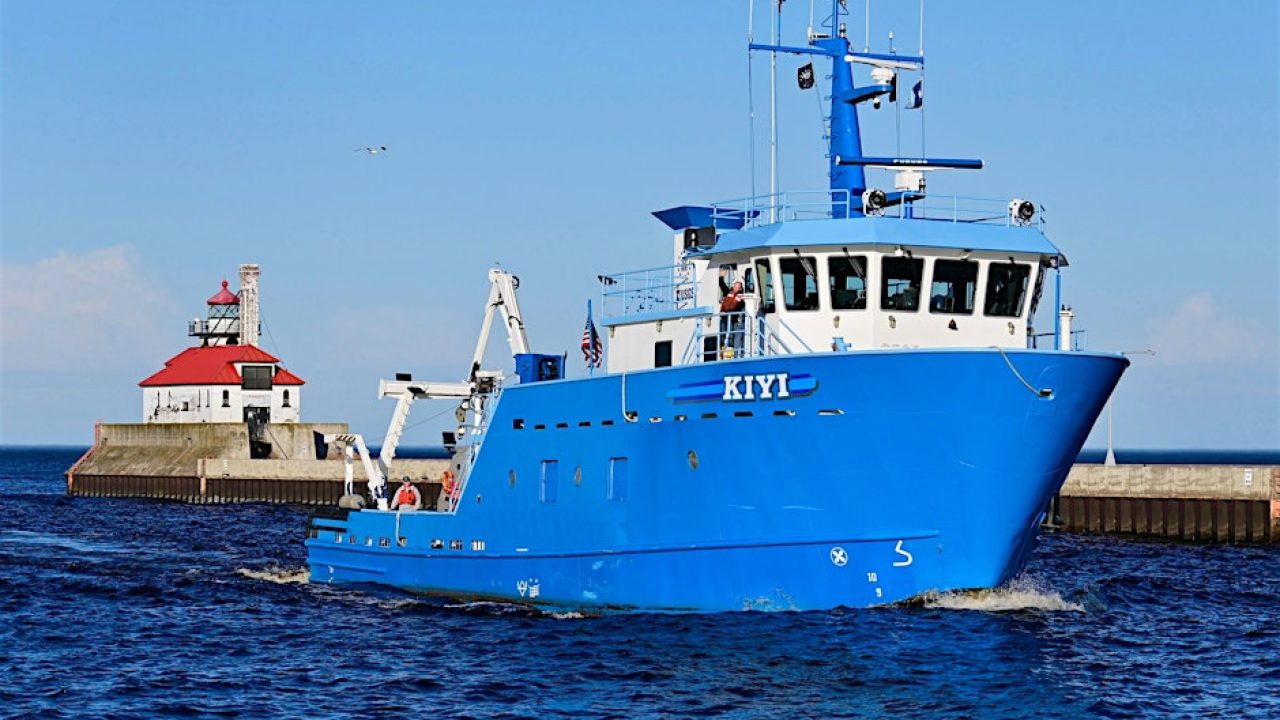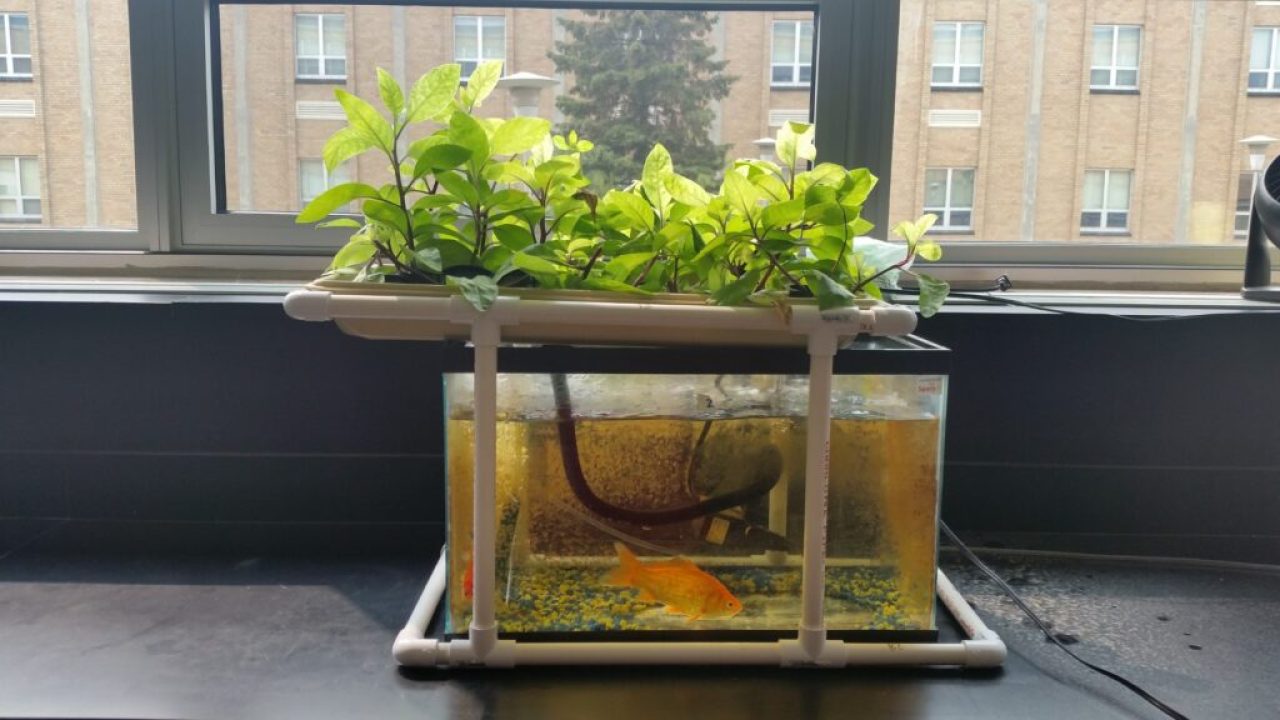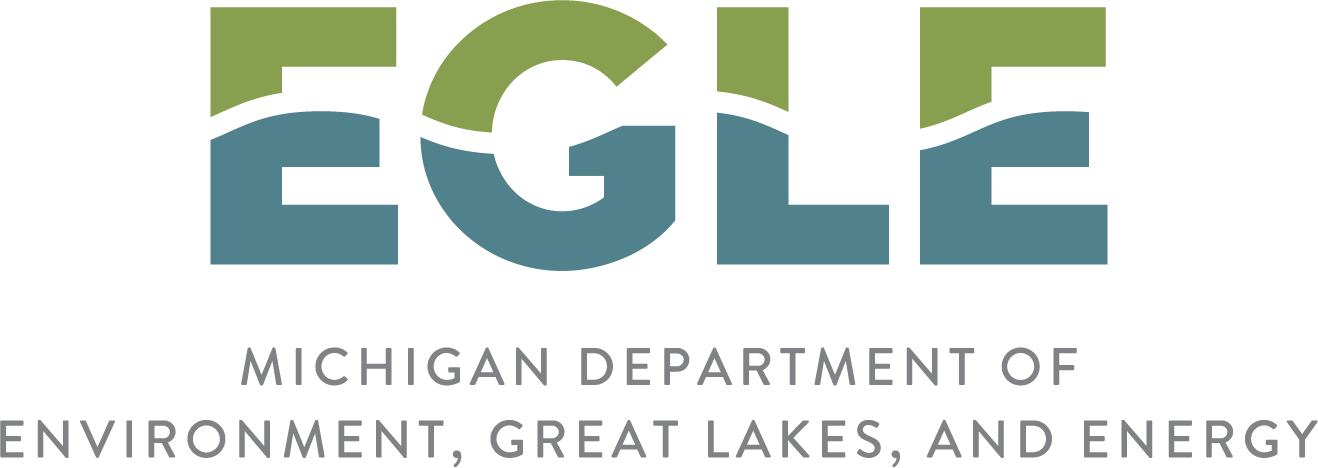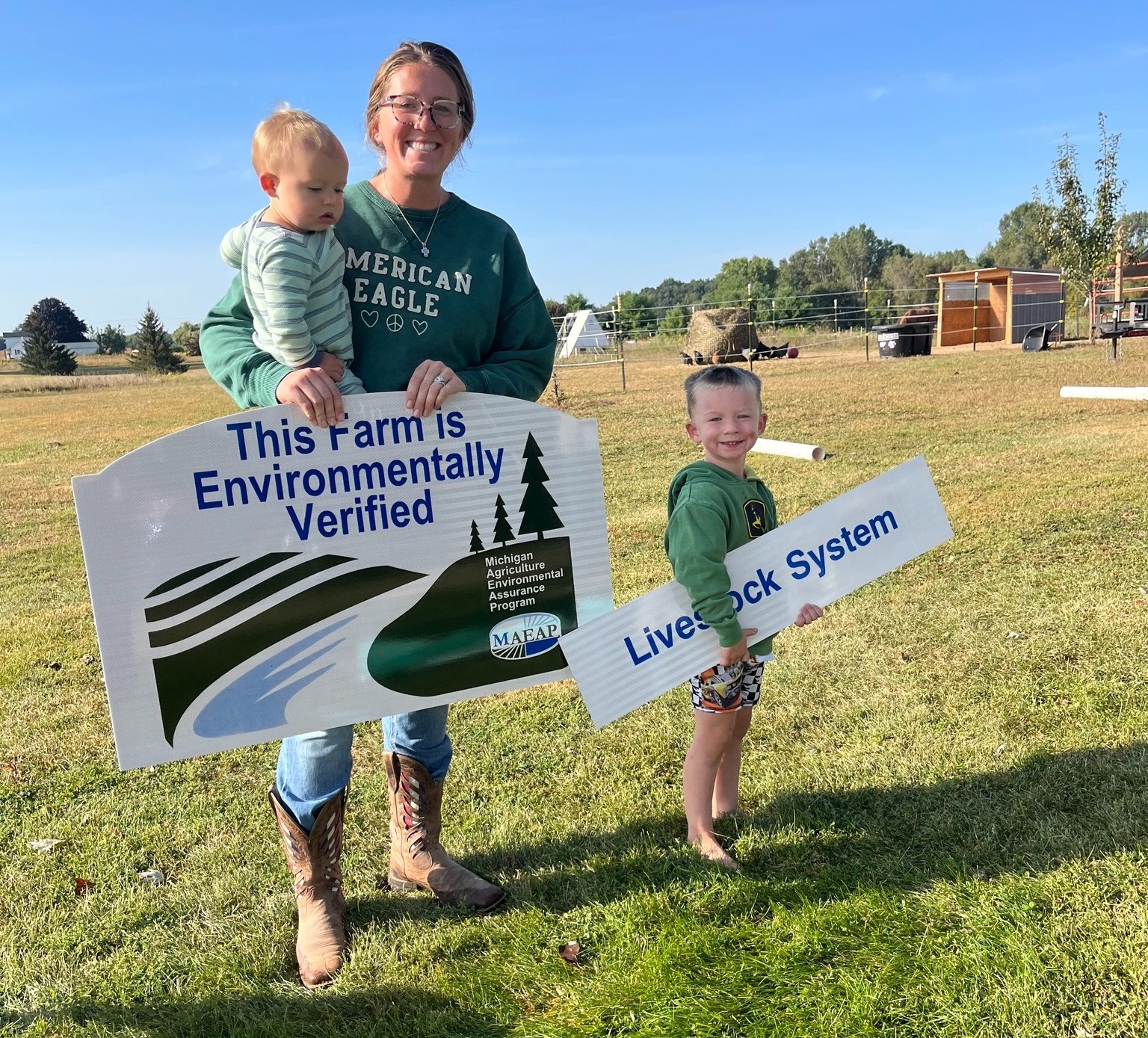Michigan has an estimated 1.3 million septic systems. Around 25% of those systems are failing, releasing untreated wastewater that can contaminate groundwater and surface water with harmful pathogens like E. coli. Homeowners can help protect their systems by having tanks inspected and pumped regularly, conserving water to prevent overload, and avoiding flushing harmful materials like wipes, grease, or chemicals.

Since 1997, annual Great Lakes science vessel coordination workshops have been held to facilitate the exchange of ideas and improve the coordination of science vessel...

Registration is now open for the 2026 competition! To register, submit this Google Form by January 14, 2026. The Aquaculture Challenge engages students in STEM learning, innovation,...

Working side-by-side with partners at local, regional, state and federal levels, the Michigan Department of Environment, Great Lakes, and Energy (EGLE) safeguards our state’s environment while supporting the economic growth and development crucial for Michigan’s future.
As part of providing expert technical and pollution prevention assistance to businesses and individuals, EGLE annually performs approximately 30,000 site visits and inspections. EGLE employs more than 1,500 scientists, engineers, geologists, toxicologists, inspectors, technicians, managers, biologists and support staff across the state.

Howell Homestead is a small farm in Ingham County with a vegetable garden, chickens, and goats. They recently became MAEAP verified for Cropping and Livestock.
The decisions we make in our homes can affect our water resources. Learn tips to minimize your impact on Michigan’s waterways by making small changes in the appliances you use, how you store and dispose of chemicals, how you do your laundry, and more!
Yard care is a huge responsibility, especially when you consider how your choices impact local waterways. By selecting greener options for landscaping, maintenance of your septic system, application of lawn chemicals, and other yardwork, you can better protect your water resources.
Enjoying Michigan’s wide variety of recreational opportunities in the outdoors brings added responsibilities to protect our natural resources. Learn how to minimize plastic pollution in our waterways, prevent the spread of aquatic invasive species, and other tips to keep our shared outdoor spaces healthy and clean!
